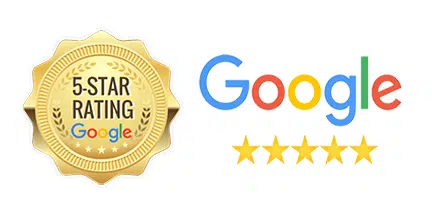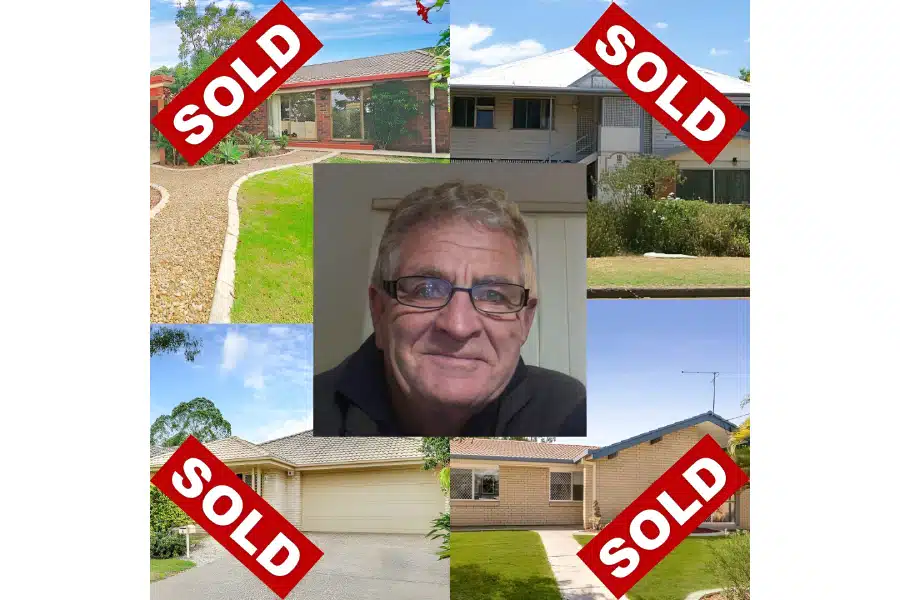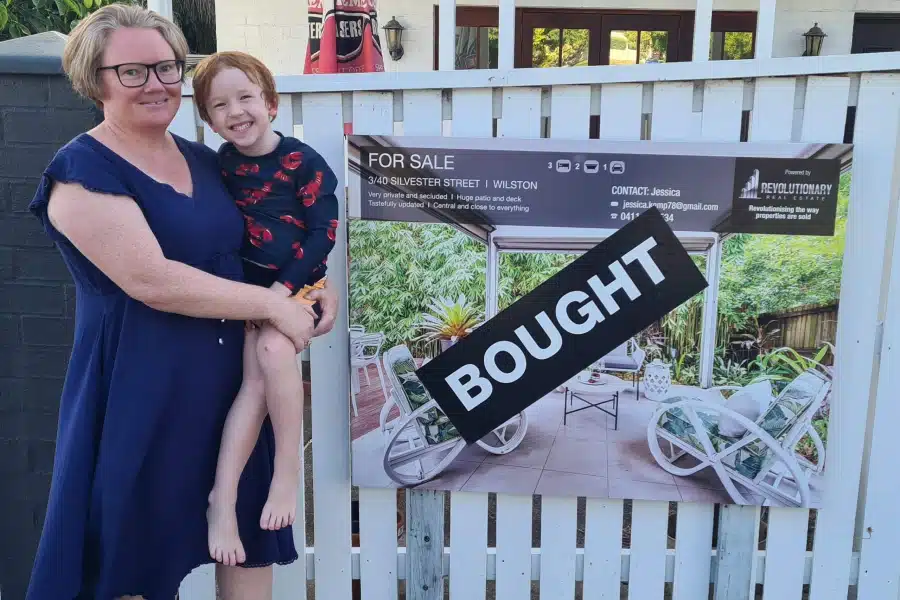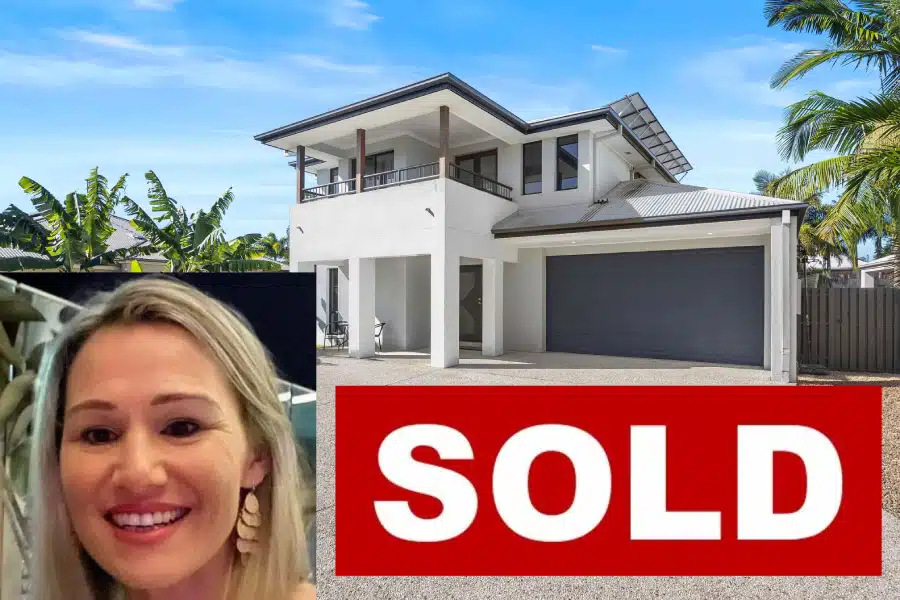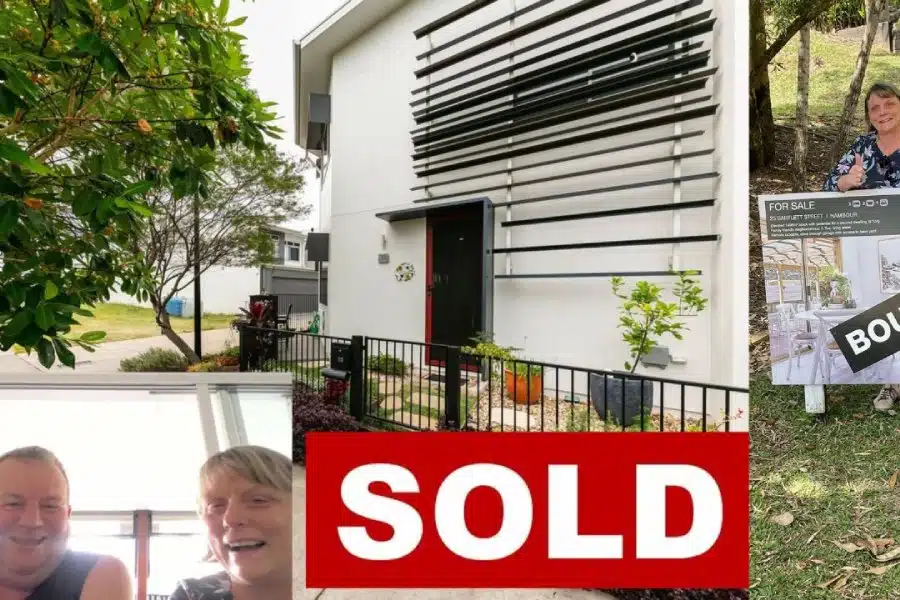
Most home sellers have no idea that there is a massive conflict of interest built into every real estate agent appraisal. This conflict of interest becomes obvious when we realise that there are two separate names for this phenomenon. What you call an appraisal is actually called a ‘listing presentation’ by real estate agents.
The Conflict Of Interest Inherent In Every Real Estate Agent Appraisal
Just think about it – you want to know the accurate market value of your home, BUT the agents are there to win your business and get your listing. These two are very different interests. The desire for your listing puts huge pressure on agents to give you the kind of appraisal that is more likely to help them get your business, even if the real estate agent appraisal is inaccurate.
Agents know that most home sellers are likely to interview several other agents. They also know that all things being equal, vendors are more likely to be swayed by the highest real estate agent appraisal and choose the agent accordingly – even if the appraisal is an inaccurate one. Once a seller has signed and committed, agents know that they have three months to condition your price expectation down.
This practice is so common among real estate agents, that it even has a name. It’s called ‘buying the listing’.
Don’t you think it’s strange that almost every real estate agent appraisal features a pre-printed list of so called ‘comparable’ sales, which was prepared before the agent ever set foot in your home? How did they know what to compare your home to without having seen it first?
A real estate agent appraisal is free because it is a low effort way for an agent to get their foot in your door to pressure you to list with them. You get what you pay for…
Valuation Or Real Estate Agent Appraisal?
Why do you think registered valuers inspect your home first, before doing research to find true comparable sales? Which would you think is more accurate – a real estate agent appraisal or an independent valuation by a licenced and registered valuer?
Of course the most accurate way to determine the market value of your home is by engaging an independent, licenced and registered valuer – or is it?
It’s not uncommon for valuations to be out by $30,000 and even up to $200,000 in either direction depending on the price bracket of the home. The simple reason for this is that valuers don’t spend hours on each valuation.
So if you should never trust a real estate agent appraisal, but valuations aren’t guaranteed to be entirely accurate, how should you determine the value of your home? The fact is that no property has an exact dollar value.
Three different buyers will see three different values because they have different tastes, needs, preferences and priorities. For this reason, wanting to discover a specific dollar value is delusional.
The Better Alternative To A Real Estate Agent Appraisal
The best thing you can do is to establish a price range that is as narrow as possible within which most buyers are likely to buy. Generally speaking, this price range is narrower for lower priced homes (within around $30,000) and wider for higher priced homes (up to $100,000 or more).
There are two steps to finding this range. Firstly, look for around 10 comparable homes that share as many similar attributes as yours (size of home and land, number of bedrooms and bathrooms, useability of land, age of home, condition, quality, features, overall presentation etc.).
These homes should all be within a close proximity to yours (500 – 1000 metres depending on population density) and should all be recent sales dating back no more than about 12-18 months in a flat market and within 6 months for a quickly rising or falling market.
Of these 10 recent comparable sales, you should discount the extreme outliers (the cheapest and most expensive). The remaining 8 or so properties should give you a reasonably well defined range.
The second step is to do a search for all recent sales within that range to see what else buyers can buy within that range. You may need to modify your price range if this search yields a number of homes that are better or worse than yours.
Once you have a reasonably tight price range, the actual sale price will be determined by a combination of how the price is pitched to the market and the negotiation strategy used. For this reason, establishing the price range within which your home is likely to sell is only half the battle.
Pitching the price and negotiation are outside the scope of this blog and will be covered in a future article. The important takeaway is that no property has a set price or dollar value and that a real estate agent appraisal is the worst way to find out what your home may be worth.
It is a common fallacy to believe that the best way to achieve the highest sale price for a property is to enlist the services of a real estate agent who knows local prices. Unfortunately knowing local values has nothing to do with achieving the highest sale price. If you want to know why, read this article.
- Click here to understand the 10 hidden traps and false beliefs about selling your home, which will easily cost you around 10% of the value of your home.
- Click here to read about the 4 signs ignored by most home sellers that scream: “You will lose money on the sale of your home” – even if you think you’re doing well.
- You can read here about the 5 reasons why you’ll NEVER achieve the highest possible sale price with either a real estate agent or by selling privately.
- Click here to understand why you will undersell your home with any of your local real estate agents without ever realising.
